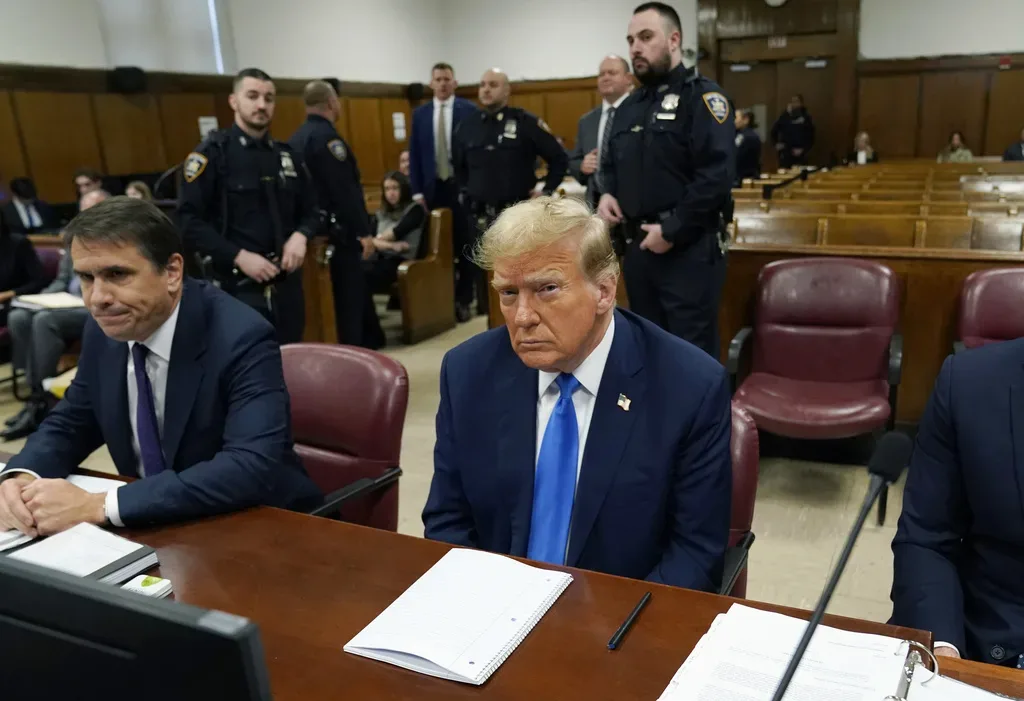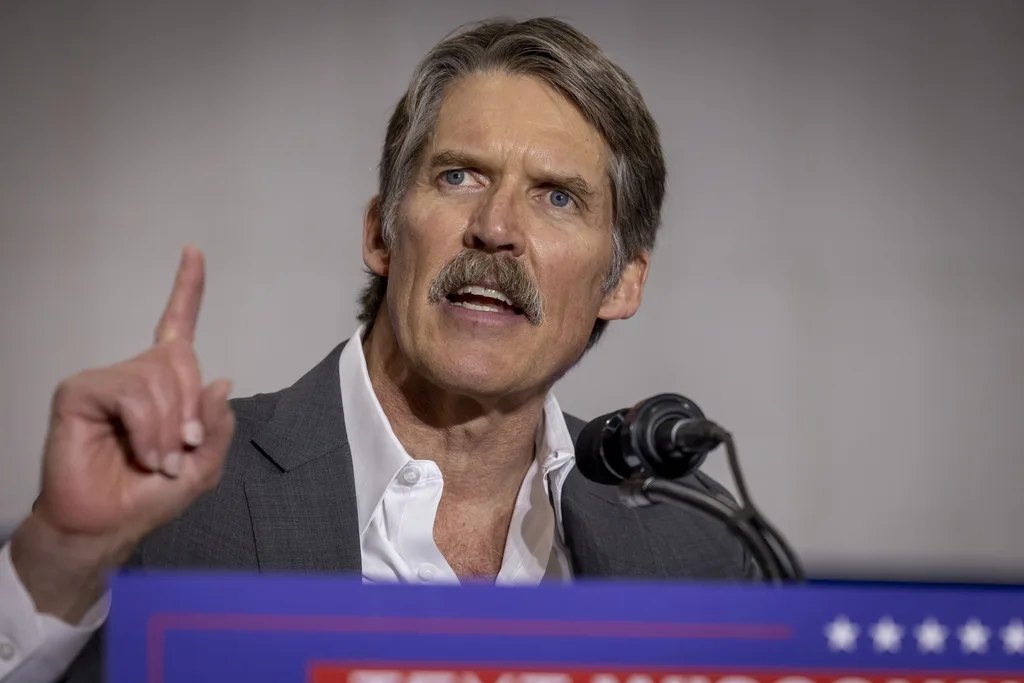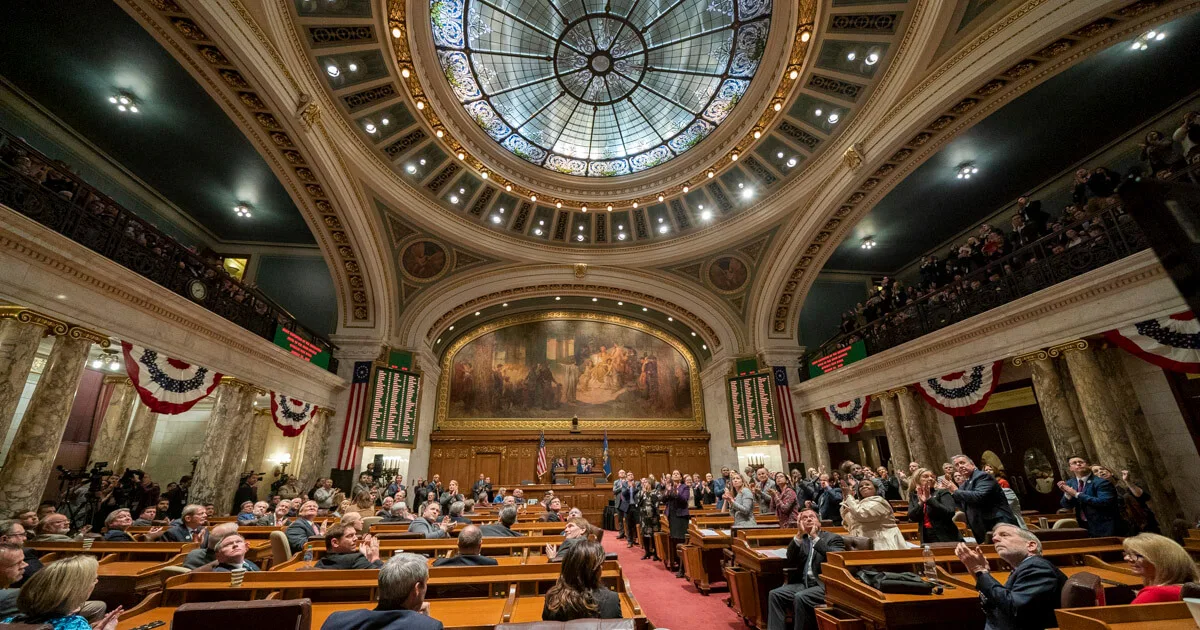
#image_title
#image_title
While Republicans will still control both houses of the Legislature, there are 24 new members, bringing new ideas and lived experiences to the Capitol.
As the newest member of the UpNorthNews team and a newcomer to covering the state Legislature, the Wisconsin 24 series was an opportunity to meet 2021’s fresh crop of legislators and learn what’s on their minds as they prepare to take office.
Many of the freshman legislators had COVID-19 first and foremost on their minds, and rightfully so. Rep.–elect Francesa Hong (D-Madison), the first Asian American elected to the legislature, said she ran after seeing the Republican-led Legislature fail to respond to COVID-19, much less support the public and small businesses. Rep.-elect Sue Conley (D-Janesville) wants to find solutions to help both renters and landlords and hopes this crisis will be the push needed to get the state to expand Medicaid so more Wisconsinites can access healthcare.
Rep.-elect Clint Moses (R-Menomonie) and Rep.-elect Rachael Cabral-Guevara (R-Fox Cross) emphasized the magnitude of the pandemic and the need for both sides of the aisle to come together to address the harm the pandemic has caused and help the state recover.
But many legislators are also looking at issues beyond the immediate COVID-19 crisis in the hopes of setting Wisconsin on a better path for the future.
It was the voter suppression Rep.-elect Dora Drake (D-Milwaukee) witnessed during the April 7 primary election that motivated her to run for office. Drake and Rep.-elect Lee Snodgrass of Appleton emphasized the importance of the upcoming redistricting process in which Wisconsin’s state and federal district maps will be redrawn. Wisconsin’s maps are some of the most gerrymandered in the country.
Case in point: although the state as a whole went to Democratic Presidential candidate Joe Biden, Rep.-elect Deb Andraca (D-Whitefish Bay) and Rep.-elect Sara Rodriguez (D-Brookfield) were the only Assembly candidates who were able to flip their districts from red to blue.
The last time the state’s maps were redrawn, the ensuing legal battles went all the way to the US Supreme Court.
Rep.-elect Donna Rozar (R-Marshield) said the state needs to invest in building up rural communities through investing in roads, bridges, and broadband, while finding creative ways to attract workers, such as nurses, plumbers, and electricians.
Sen.-elect Brad Pfaff (D-La Crosse) was the secretary-designee for the Wisconsin Department of Agriculture, Trade, and Consumer Protection and spent eight years at a senior-level position at the Department of Agriculture during the Obama administration. He’s also deeply concerned about rural issues, particularly the rate of suicide among farmers in Wisconsin, which has been increasing alongside the number of farm bankruptcies over the past several years.
Several mentioned Wisconsin’s racial disparities, which are some of the worst in the country. Rep.-elect Supreme Moore Omokunde (D-Milwaukee) sees policies to address climate change as an opportunity to also address racial and economic disparities by building green infrastructure and creating new green job opportunities in areas that lost jobs due to waning manufacturing.
Rep.-elect Samba Baldeh (D-Madison), an immigrant from Gambia and the first Muslim elected to the Statehouse, wants to tackle the divestement in Black communities by advocating for better public school funding and affordable housing.
Tackling the state’s infant mortality rate tops Sen.-elect Kelda Roys (D-Madison) list of issues to tackle in the senate. Wisconsin currently has the worst Black infant mortality rate in the country. One way to change this is to ensure paid family leave and other interventions that can improve maternal outcomes, Roys said.
With Wisconsin surrounded by states that have legalized or decriminalized marijuana, Sen.-elect Melissa Agard (D-Madison) and Rep.-elect Sylvia Ortiz-Velez (D-Milwaukee) hope 2021 will be the year Wisconsin will, at the very least, legalize medical marijuana. Ortiz-Velez said she sees the issue as an opportunity to address the state’ opioids crisis by offering a safer alternative.
It’s an ambitious agenda for any freshman class but especially for one entering the Statehouse during a pandemic. If they’re able to accomplish even a fraction of these initiatives, it could make all the difference for ordinary Wisconsinites.
Politics
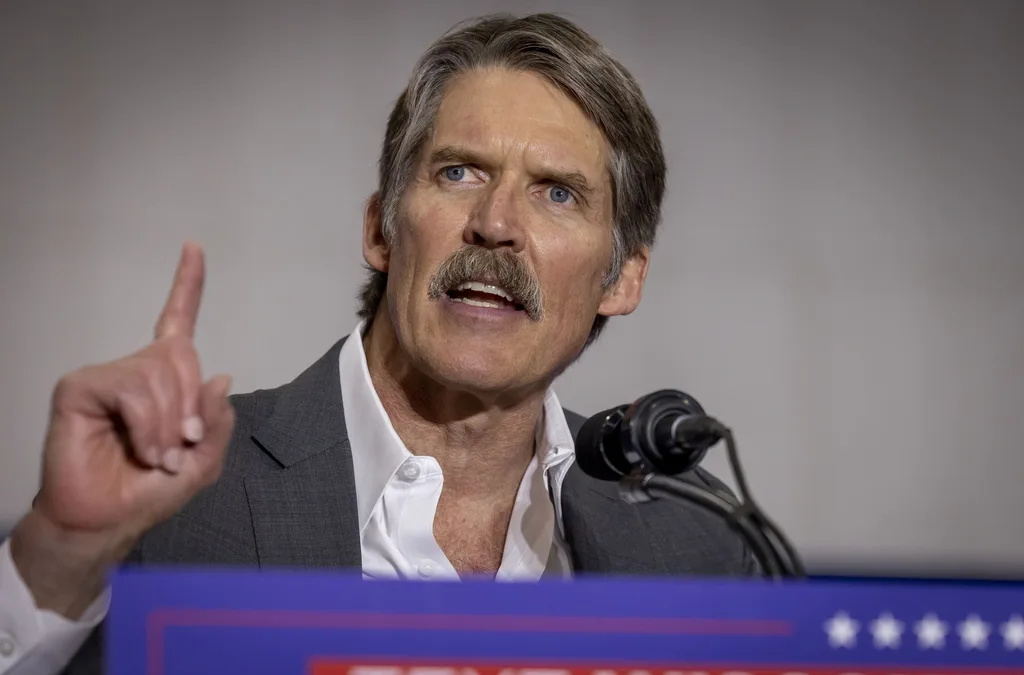
Eric Hovde’s company exposed workers to dangerous chemicals, OSHA reports say
A Madison-based real estate company run by Wisconsin US Senate candidate Eric Hovde settled with the Occupational Safety and Health Administration...
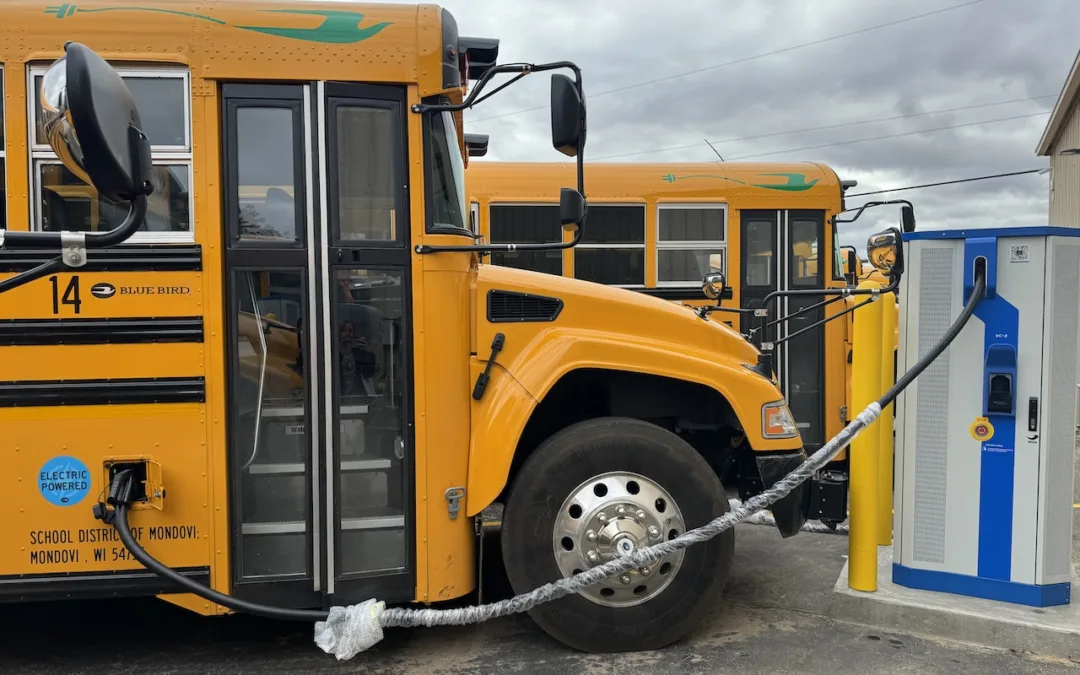
Plugged in: How one Wisconsin school bus driver likes his new electric bus
Electric school buses are gradually being rolled out across the state. They’re still big and yellow, but they’re not loud and don’t smell like...
Local News

Stop and smell these native Wisconsin flowers this Earth Day
Spring has sprung — and here in Wisconsin, the signs are everywhere! From warmer weather and longer days to birds returning to your backyard trees....

Your guide to the 2024 Blue Ox Music Festival in Eau Claire
Eau Claire and art go hand in hand. The city is home to a multitude of sculptures, murals, and music events — including several annual showcases,...


